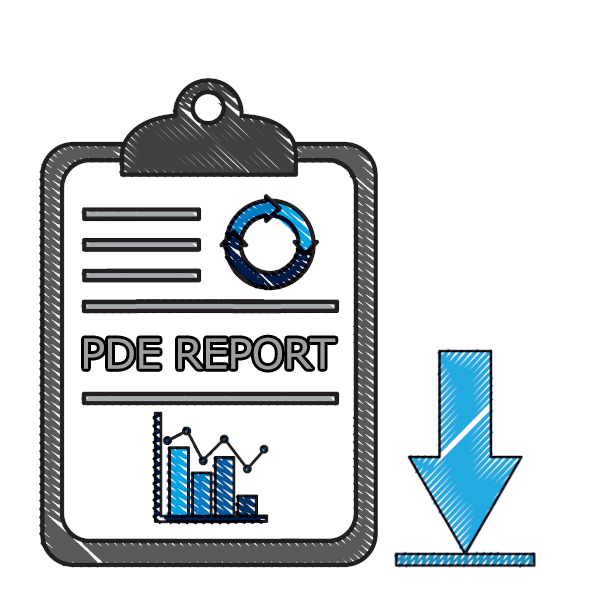
PDE Report for:
Esomeprazole | CAS: 161796-78-7 | ROA: oral.
Please notice:
- You'll get your PDE report by email. We’ll start preparing your report after receiving payment.
- The listed price is for one route of application. If multiple options are available, please fill in the required ROA before submitting your order.
- Prices for larger quantities of reports and for recurring reports on demand.
You are looking for an individual PDE Report? Please contact us.
Why PDE reports are essential:
If different pharmaceutical products are manufactured in the same facility, there’s always a risk of cross-contamination due to residuals of pharmaceutical ingredients, by-products, or detergents. To reduce the danger for people using your final product, it’s essential to know how many residues of a certain substance could technically still be in the used equipment without causing any harm.
The Permitted Daily Exposure (PDE) or Admitted Daily Exposure (ADE) marks the dose of a specific substance that’s unlikely to cause an adverse effect if the same person is exposed to this amount – or less – every day, for a lifetime.
Consequently, it is important to know this limit for every substance that could technically be found in your final product, and to make sure it’s at most contained in its daily dose. The PDE can then be used to calculate other necessary limit values, and to determine which equipment – or even facility – should be used dedicated to specific products.
The way we work:
Since it is an essential value, the exposure limit is based on calculations determined by the official European Medicine Agency guideline (EMA/CHMP/ CVMP/ SWP/169430/2012). As requested by the guideline, our determination of the PDE involves:
- Hazard identification by reviewing all relevant data, such as medicinal and toxicological data bases and studies
- Identification of 'critical effects', i.e. the most harmful effects a substance can have
- Determination of the no-observed-adverse-effect level (NOAEL) of the findings that are considered to be critical effects
- Careful use of several adjustment factors to account for various uncertainties, such as non-ideal conditions in the consulted studies.
Quality is crucial – our quality promise:
We provide PDE reports for any active pharmaceutical ingredient (API). A large pool of existing reports is already available to choose from, but we’re more than happy to create a new one to add to the list for an additional API, if necessary.
Our focus lies on the quality of every single report. So while not all reports may be available for immediate download, we can make sure you get exactly what you need for the situation at hand, and in the best possible quality.
To ensure this, our quality promise includes
- the active membership of THE FORCE in the EUROTOX Corporate Program
- an experienced, multidisciplinary team, led by EUROTOX-certified Senior Toxicologist Dr. Heidi Becker
- compliance with the official EMA guideline
- PDE reports with a comprehensive structure to make all information easily accessible
- PDE reports based on the toxicological properties and pharmacology of the specific API
More details: Download sample content overview
